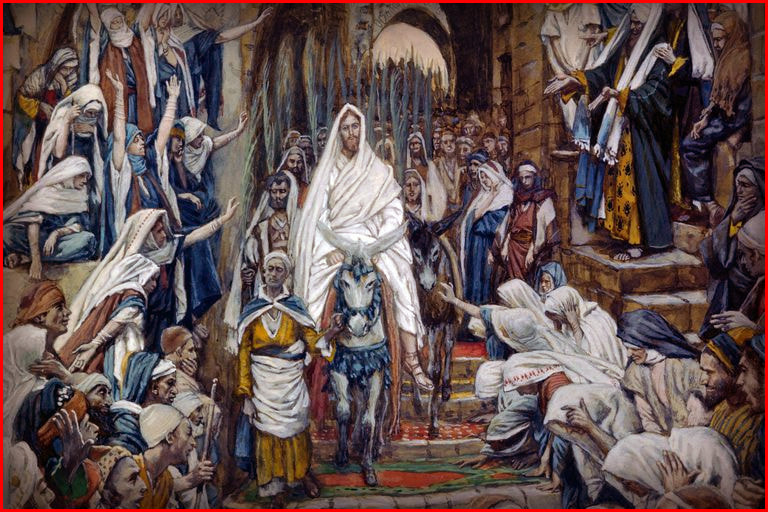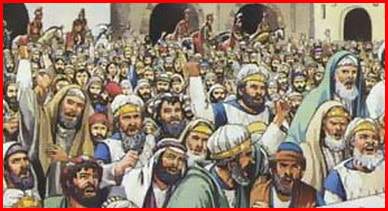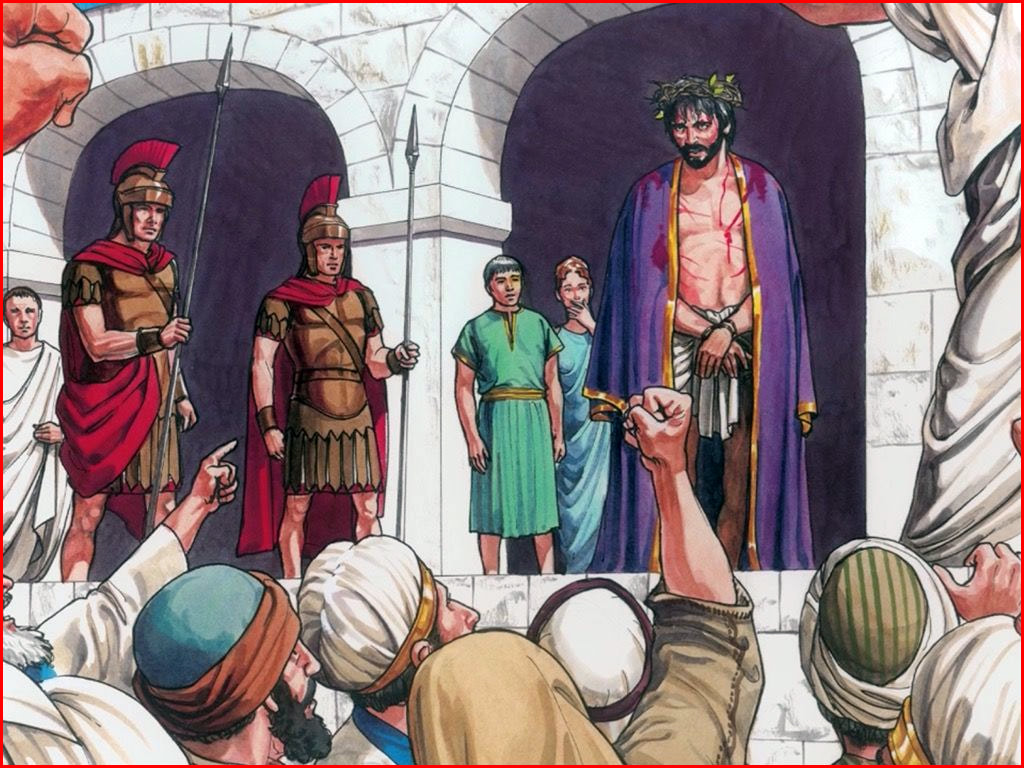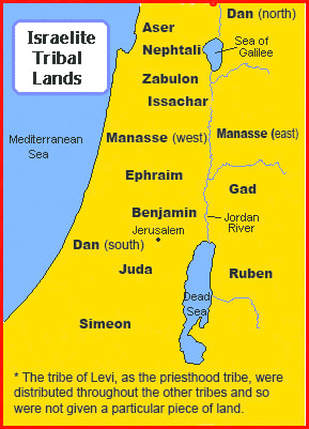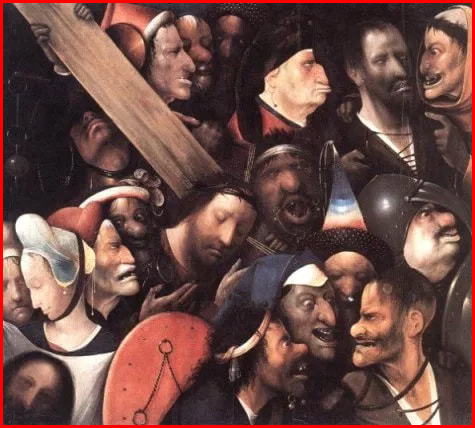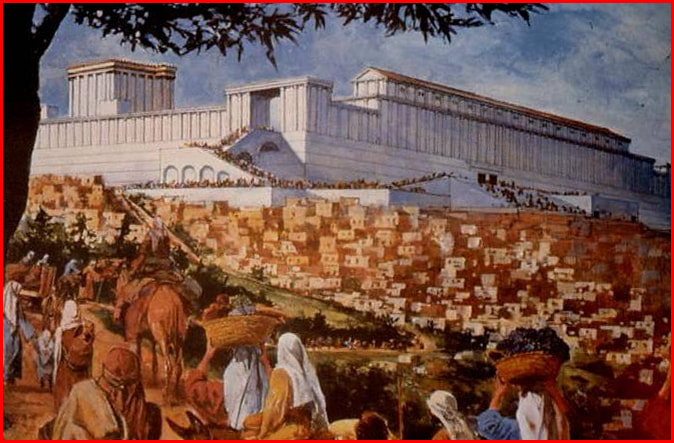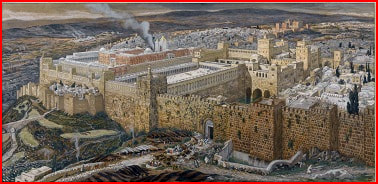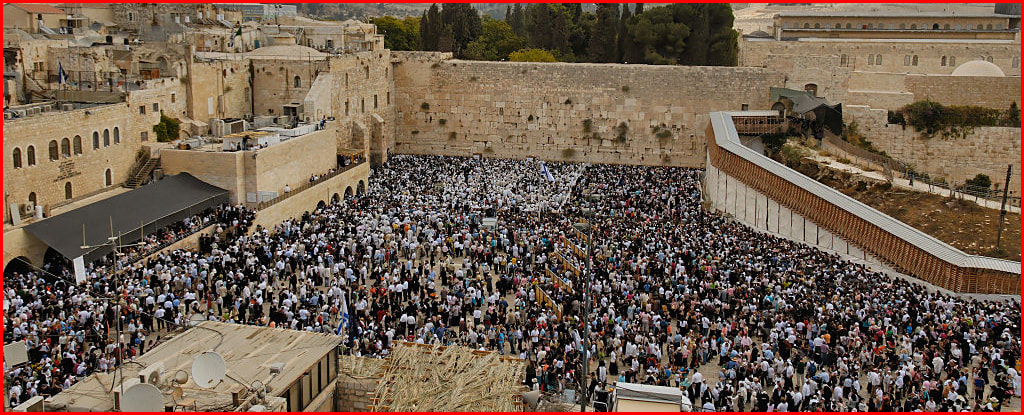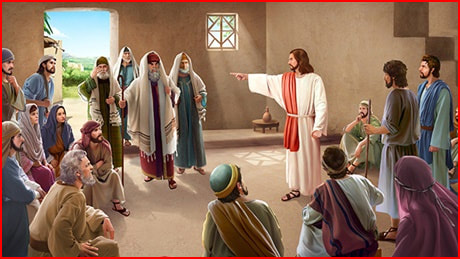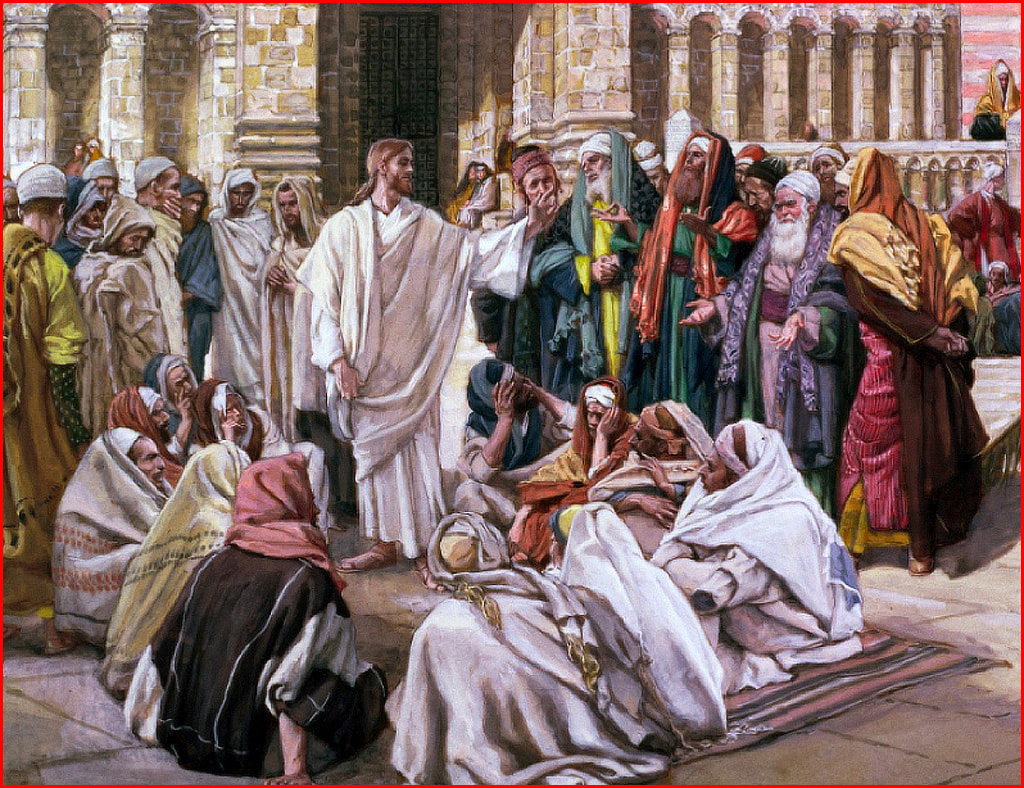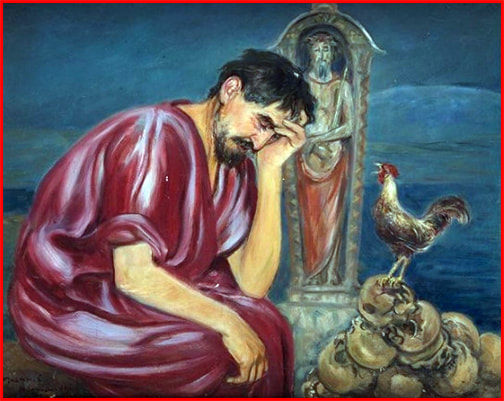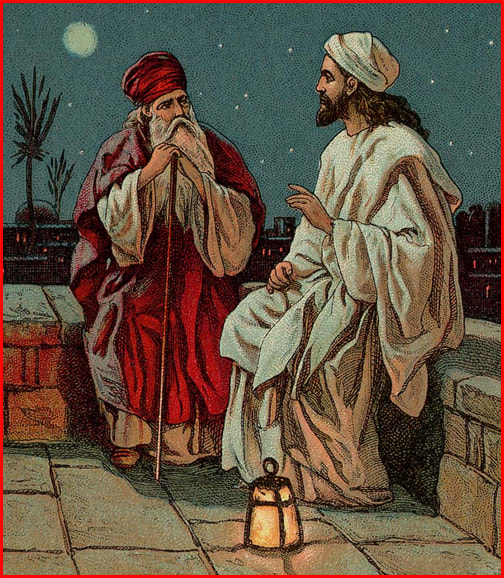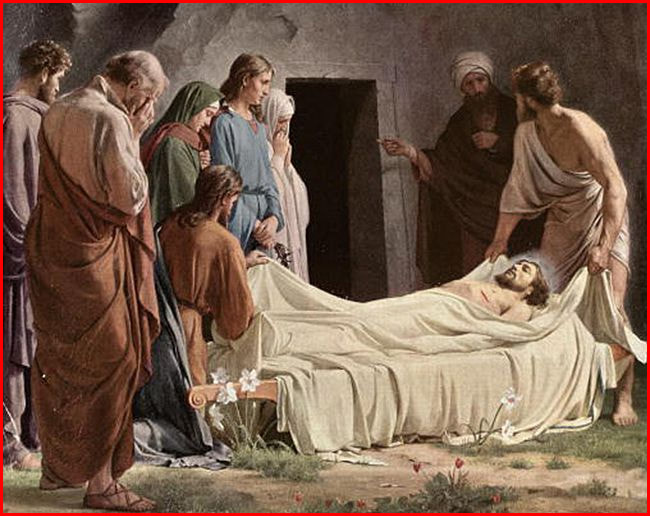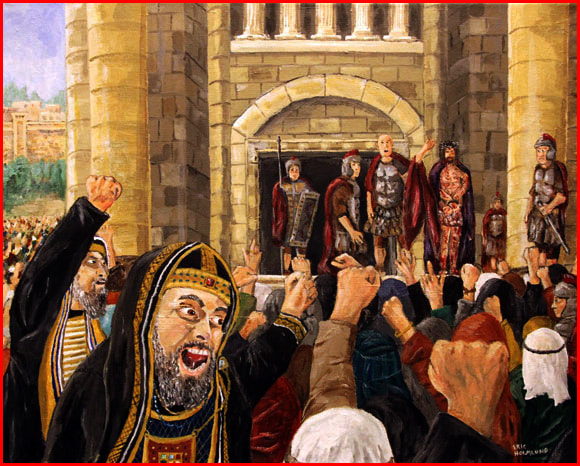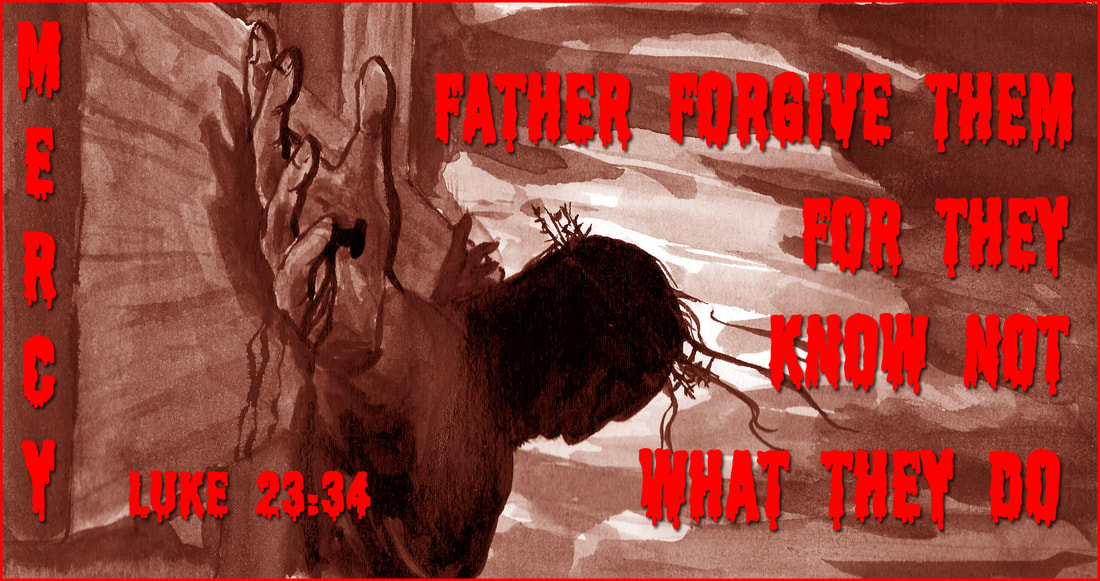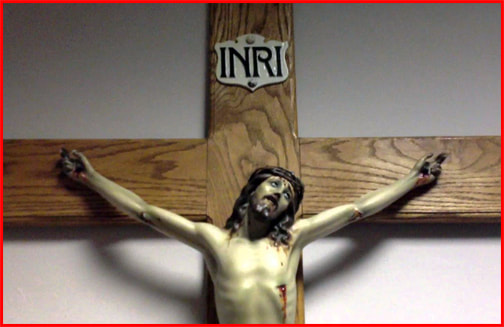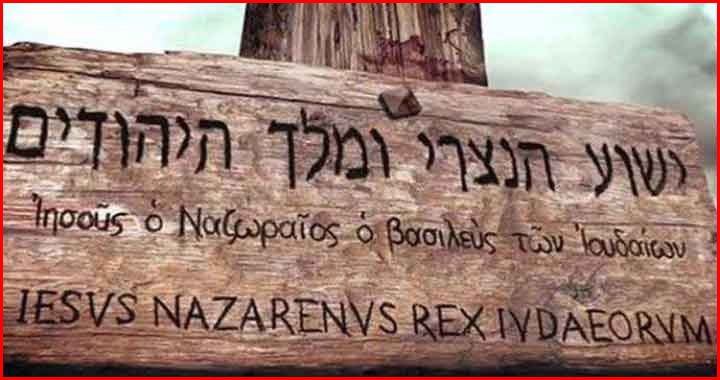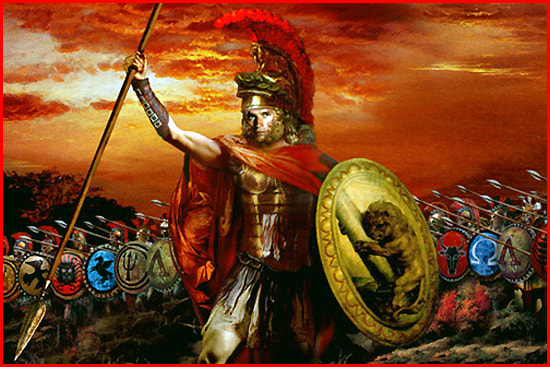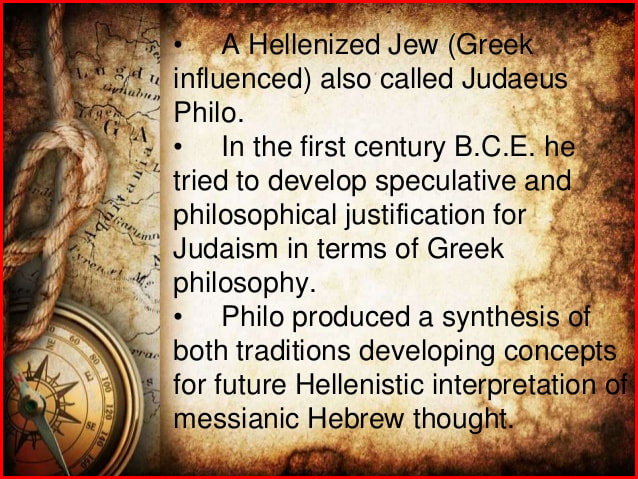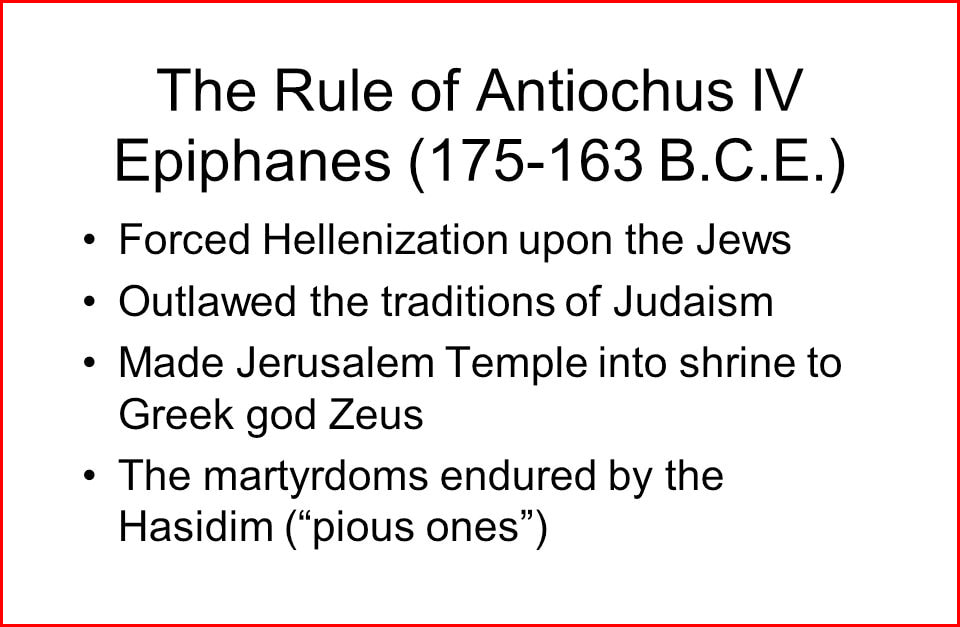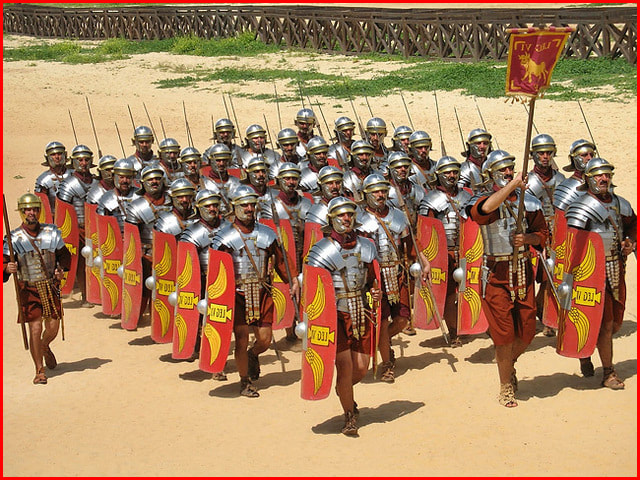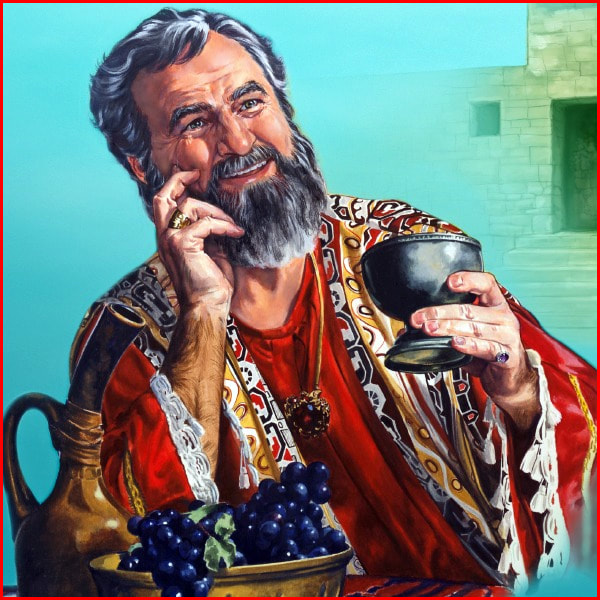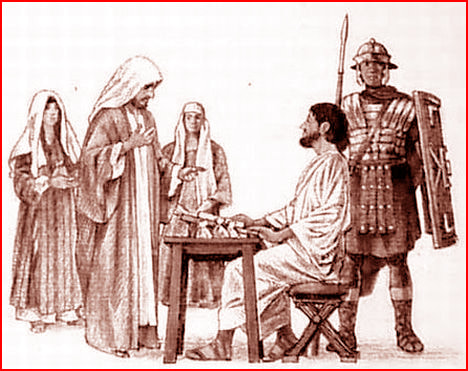| Devotion to Our Lady |
|
- Homepage
-
Daily Thoughts
- 2023 October Daily Thoughts
- Daily Thoughts Lent 2020
- Daily Thoughts for Advent 2019
- Daily Thoughts for October 2019
- Daily Thoughts for September 2019
- Daily Thoughts for August 2019
- Daily Thoughts for July
- Daily Thoughts for June
- Daily Thoughts for Easter 2019
- Daily Thoughts for Lent 2019
- Daily Thoughts for Christmas
- Daily Thoughts Easter 2022
- Consecration
- Easter Season
-
Spiritual Life
- Holy Mass Explained
- First Friday Devotions
- First Saturday Devotions
- The Mercy of God
- Vocations
- The Path Everyone Must Walk >
- Gift of Failure
- Halloween or Hell-O-Ween?
- Ignatian Spiritual Exercises >
- Meditation is Soul-Saving
- Spiritual Communion
- Miraculous Medal
- Enrollment in Miraculous Medal
- St. Benedict Medal
- Holy Water
- Advice on Prayer
- Your Daily Mary
-
Prayers
- September Devotions
- Seven Sorrows of Our Lady
-
Novenas
>
- NV-Help of Christians
- NV-Nativity of Our Lady
- NV-Seven Sorrows
- NV- Sorrowful Heart
- NV-Pope St Pius X
- NV-La Salette
- NV-St Michael Archangel
- NV-Immaculate Heart
- NV-Assumption
- NV-Novena for Fathers
- NV-Novena for Your Mother
- NV-St Raphael Archangel
- NV-Souls in Purgatory
- NV-All Saints Day
- NV-Christ the King
- NV-Divine Motherhood
- NV-Guardian Angels
- NV-Rosary
- NV-Mirac Med
- NV- Imm Conc
- NV - Guadalupe
- NV - Nativity of Jesus
- NV-Epiphany
- NV-OL Good Success
- NV-Lourdes
- NV-St Patrick
- NV-St Joseph
- NV-Annunciation
- NV-St Louis de Montfort
- NV-OL Good Counsel
- NV-Last Supper
- NV-Passion
- NV-Pentecost
- NV-Ascension
- NV-Sacred Heart
- NV-Sacred Heart & Perpetual Help
- NV-Corpus Christi
- NV-OL of Perpetual Help
- NV-Queenship BVM
- NV-OL of Mount Carmel
- NV-St Mary Magdalen
- NV- Im Hrt
- August Devotions to IHM
- Immaculate Heart of Mary
- Litany of Dependence
- Prayers to St Mary Magdalen
- Prayers in Times of Sickness Disease & Danger
- Holy Souls in Purgatory
- Meditations on the Litany of Our Lady
- Special Feast Days
- Prayers to Mary (Mon-Sun)
- Litanies to Our Lady >
- Various & Special Needs
- Our Lady of the Rosary
- Our Lady of Mt. Carmel
- Our Lady of Perpetual Help
- Our Lady of Guadalupe
- Other titles of Our Lady
-
Rosary
- Downloads
-
Holy Week
- Last Seven Words of Jesus >
- Characters of Passion >
- The Last Days of Christ
- Before Palm Sunday
- Palm Sunday
- Monday in Holy Week
- Tuesday in Holy Week
- Wednesday in Holy Week
- Holy Thursday (Last Supper)
- Holy Thursday (Agony & Arrest)
- Night Vigil with Christ
- Good Friday (Pilate & Herod)
- Good Friday (Way of Cross & Crucifixion)
- Saturday in Holy Week
-
Lent
- Ideas for Lent
- Daily Lenten Planner
- Daily Lenten Liturgy
- From Cold to Hot
- Lent with Aquinas
- Lent with Dom Gueranger
- Virtues for Lent
- History of Penance
- How Expensive is Sin?
- Confession of Sins
- Letter to Friends of the Cross
- Sermons for Lent
- Stations of the Cross >
- Lenten Prayers
- 7 Penitential Psalms
- Lenten Psalms SUN
- Lenten Psalms MON
- Lenten Psalms TUE
- Lenten Psalms WED
- Lenten Psalms THU
- Lenten Psalms FRI
- Lenten Psalms SAT
- Lenten Laughs
- Septuagesima
-
Christmas
- Epiphany Explained
- Suggestions for Christmas
- Food For Thought
- Christmas with Aquinas
- Christmas with Dom Gueranger
- Christmas Prayers
- Candles & Candlemas
- Christmas Sermons
- Christmas Prayers SUN
- Christmas Prayers MON
- Christmas Prayers TUE
- Christmas Prayers WED
- Christmas Prayers THU
- Christmas Prayers FRI
- Christmas Prayers SAT
- Twelve Days of Christmas >
-
Advent Journey
- Purgatory
- Christ the King
- Legion of Mary
- Scapular
- Sacred Heart
-
Saints
-
Martyrs for the Faith
>
- Your Daily Martyr >
- All 365 Days of Martyrs
- Cristeros
- St Valentine & Valentine's Day
- Martyrs--Thomas Becket
- Martyrs--John the Apostle
- Holy Machabees
- Age of Martyrdom
- Carmelites of Compiegne
- Martyrs--Peter & Paul
- Martyrs--John the Baptist
- Martyrs--Andrew
- Martyrs--James the Great
- Martyrs--North American
- Martyrs--Seven Holy Sleepers
- Martyrs--Afra
- School of Martyrdom
- Martyrs--Christina
- Desert Saints >
- Saints for Sinners >
- Saints of Mary >
- History of All Saints Day
-
Martyrs for the Faith
>
- Precious Blood
- Holy Ghost
- Synod 2023
-
Catechism
- Catechism Lesson 1
- Catechism Lesson 2
- Catechism Lesson 3
- Catechism Lesson 4
- Catechism Lesson 5
- Catechism Lesson 6
- Catechism Lesson 7
- Catechism Lesson 8
- Catechism Lesson 9
- Catechism Lesson 10
- Catechism Lesson 11
- Catechism Lesson 12
- Catechism Lesson 13
- Catechism Lesson 14
- Catechism Lesson 15
- Catechism Lesson 16
- Catechism Lesson 17
- Catechism Lesson 18
- Catechism Lesson 19
- Catechism Lesson 20
- Catechism Lesson 21
- Catechism Lesson 22
- Bible Study
-
Calendar
- Miracles
- Apparitions
- Shrines
- Prophecies
- Angels Homepage
- Hell
-
Church Crisis
- Conspiracy Theories
- Amazon Synod 2019 >
- Liberalism & Modernism
- Modernism--Encyclical Pascendi
- Modernism & Children
- Modernism--Documents
- The Francis Pages
- Church Enemies on Francis
- Francis Quotes
- Amoris Laetitia Critique
- Danger of Ignorance (Pius X)
- Restore all In Christ (Pius X)
- Catholic Action (Pius X)
- Another TITANIC Disaster?
- The "Errors of Russia"
- CRISIS PRAYERS
- Election Novena 2024
- The Anger Room
- War Zone
- Life of Mary
- Spiritual Gym
- Stupidity
- Coronavirus and Catholicism
- History & Facts
- Books
- Catholic Family
- Children
- Daily Quiz
-
Novena Church & Pope
- Day 01 Church-Pope Novena
- Day 02 Church-Pope Novena
- Day 03 Church-Pope Novena
- Day 04 Church-Pope Novena
- Day 05 Church-Pope Novena
- Day 06 Church-Pope Novena
- Day 07 Church-Pope Novena
- Day 08 Church-Pope Novena
- Day 09 Church-Pope Novena
- Day 10 Church-Pope Novena
- Day 11 Church-Pope Novena
- Day 12 Church-Pope Novena
- Day 13 Church-Pope Novena
- Day 14 Church-Pope Novena
- Day 15 Church-Pope Novena
- Day 16 Church-Pope Novena
- Day 17 Church-Pope Novena
- Day 18 Church-Pope Novena
- Day 19 Church-Pope Novena
- Day 20 Church-Pope Novena
- Day 21 Church-Pope Novena
- Day 22 Church-Pope Novena
- Day 23 Church-Pope Novena
- Day 24 Church-Pope Novena
- Day 25 Church-Pope Novena
- Day 26 Church-Pope Novena
- Day 27 Church-Pope Novena
- Day 28 Church-Pope Novena
- Day 29 Church-Pope Novena
- Day 30 Church-Pope Novena
- Day 31 Church-Pope Novena
- Day 32 Church-Pope Novena
- Day 33 Church-Pope Novena
- Day 34 Church-Pope Novena
- Day 35 Church-Pope Novena
- Day 36 Church-Pope Novena
- Day 37 Church-Pope Novena
- Day 38 Church-Pope Novena
- Day 39 Church-Pope Novena
- Day 40 Church-Pope Novena
- Day 41 Church-Pope Novena
- Day 42 Church-Pope Novena
- Day 43 Church-Pope Novena
- Day 44 Church-Pope Novena
- Day 45 Church-Pope Novena
- Day 46 Church-Pope Novena
- Day 47 Church-Pope Novena
- Day 48 Church-Pope Novena
- Day 49 Church-Pope Novena
- Day 50 Church-Pope Novena
- Day 51 Church-Pope Novena
- Day 52 Church-Pope Novena
- Day 53 Church-Pope Novena
- Day 54 Church-Pope Novena
- Penance Novena
- Daily WeAtheR Forecast
The Greatest and Most Important Week in the Church's Liturgical Year
CLICK ON ANY HOLY WEEK LINK BELOW
Also lots of LENTEN & HOLY WEEK DOWNLOADS on the downloads page (click here)
LITURGICAL PRAYERS FOR EACH DAY OF THE WEEK DURING LENT
| Sundays of Lent | Mondays of Lent | Tuesdays of Lent | Wednesdays of Lent | Thursdays of Lent | Fridays of Lent | Saturdays of Lent |
HOLY WEEK PAGES
| Daily Thoughts | Holy Week Main Page | Before Palm Sunday | Palm Sunday | Last Days of Christ |
| Holy Thursday Last Supper Novena | Good Friday Passion Novena |
| Monday of Holy Week | Tuesday of Holy Week | Wednesday of Holy Week | Holy Thursday (Last Supper) | Holy Thursday (Agony & Arrest) |
| Night Vigil With Christ | Good Friday (Pilate & Herod) | Good Friday (Way of Cross & Crucifixion) | Holy Saturday |
THE CHIEF CHARACTERS OF THE PASSION
| Characters of the Passion Mainpage | The Sanhedrin | Pharisees | Scribes | Saducees | Jewish Crowd | Roman Rulers |
| Judas | Annas & Caiphas | Pontius Pilate | Herod | Barabbas | Dismas the Good Thief | St. Peter | St. John | Mary Magdalen |
THE FOURTEEN STATIONS OF THE CROSS
| Introduction to the Stations of the Cross | Short Version of the Stations of the Cross (all 14 on one page) | 1st Station | 2nd Station | 3rd Station |
| 4th Station | 5th Station | 6th Station | 7th Station | 8th Station | 9th Station | 10th Station | 11th Station | 12th Station | 13th Station | 14th Station |
THE LAST SEVEN WORDS OF JESUS FROM THE CROSS
| Seven Last Words on the Cross (Introduction) | The 1st Word on the Cross | The 2nd Word on the Cross | The 3rd Word on the Cross |
| The 4th Word on the Cross | The 5th Word on the Cross | The 6th Word on the Cross | The 7th Word on the Cross |
PRAYERS AND DEVOTIONS TO THE SEVEN SORROWS OF OUR LADY
| Seven Sorrows Meditations | Short Prayers & Short Seven Sorrows Rosary | Longer Seven Sorrows Rosary |
| 1st Sorrow of Our Lady | 2nd Sorrow of Our Lady | 3rd Sorrow of Our Lady | 4th Sorrow of Our Lady |
| 5th Sorrow of Our Lady | 6th Sorrow of Our Lady | 7th Sorrow of Our Lady |
| Novena #1 to the Sorrowful Heart of Mary | Novena #2 to the Sorrowful Heart of Mary |
LENTEN PAGES
| ASH WEDNESDAY COUNTDOWN | LENT (MAIN PAGE) | DAILY THOUGHTS | DAILY LENTEN LITURGY | DAILY LENTEN PLANNER |
| LENTEN PRAYERS | THE 7 PENITENTIAL PSALMS | IDEAS FOR PENANCE | LENT WITH AQUINAS | LENT WITH DOM GUERANGER |
| HISTORY OF PENANCE | PENANCES OF THE SAINTS | HOW EXPENSIVE IS SIN? | CONFESSION OF SINS | ARE FEW SOULS SAVED? |
| VIRTUES FOR LENT | FROM COLD TO HOT | LENTEN LAUGHS | SERMONS FOR LENT | LETTER TO FRIENDS OF THE CROSS |
| STATIONS OF THE CROSS (INDIVIDUALLY) | ALL 14 STATIONS OF THE CROSS |
| THE LAST DAYS OF CHRIST | SPECIAL HOLY WEEK PAGES |
CLICK ON ANY HOLY WEEK LINK BELOW
Also lots of LENTEN & HOLY WEEK DOWNLOADS on the downloads page (click here)
LITURGICAL PRAYERS FOR EACH DAY OF THE WEEK DURING LENT
| Sundays of Lent | Mondays of Lent | Tuesdays of Lent | Wednesdays of Lent | Thursdays of Lent | Fridays of Lent | Saturdays of Lent |
HOLY WEEK PAGES
| Daily Thoughts | Holy Week Main Page | Before Palm Sunday | Palm Sunday | Last Days of Christ |
| Holy Thursday Last Supper Novena | Good Friday Passion Novena |
| Monday of Holy Week | Tuesday of Holy Week | Wednesday of Holy Week | Holy Thursday (Last Supper) | Holy Thursday (Agony & Arrest) |
| Night Vigil With Christ | Good Friday (Pilate & Herod) | Good Friday (Way of Cross & Crucifixion) | Holy Saturday |
THE CHIEF CHARACTERS OF THE PASSION
| Characters of the Passion Mainpage | The Sanhedrin | Pharisees | Scribes | Saducees | Jewish Crowd | Roman Rulers |
| Judas | Annas & Caiphas | Pontius Pilate | Herod | Barabbas | Dismas the Good Thief | St. Peter | St. John | Mary Magdalen |
THE FOURTEEN STATIONS OF THE CROSS
| Introduction to the Stations of the Cross | Short Version of the Stations of the Cross (all 14 on one page) | 1st Station | 2nd Station | 3rd Station |
| 4th Station | 5th Station | 6th Station | 7th Station | 8th Station | 9th Station | 10th Station | 11th Station | 12th Station | 13th Station | 14th Station |
THE LAST SEVEN WORDS OF JESUS FROM THE CROSS
| Seven Last Words on the Cross (Introduction) | The 1st Word on the Cross | The 2nd Word on the Cross | The 3rd Word on the Cross |
| The 4th Word on the Cross | The 5th Word on the Cross | The 6th Word on the Cross | The 7th Word on the Cross |
PRAYERS AND DEVOTIONS TO THE SEVEN SORROWS OF OUR LADY
| Seven Sorrows Meditations | Short Prayers & Short Seven Sorrows Rosary | Longer Seven Sorrows Rosary |
| 1st Sorrow of Our Lady | 2nd Sorrow of Our Lady | 3rd Sorrow of Our Lady | 4th Sorrow of Our Lady |
| 5th Sorrow of Our Lady | 6th Sorrow of Our Lady | 7th Sorrow of Our Lady |
| Novena #1 to the Sorrowful Heart of Mary | Novena #2 to the Sorrowful Heart of Mary |
LENTEN PAGES
| ASH WEDNESDAY COUNTDOWN | LENT (MAIN PAGE) | DAILY THOUGHTS | DAILY LENTEN LITURGY | DAILY LENTEN PLANNER |
| LENTEN PRAYERS | THE 7 PENITENTIAL PSALMS | IDEAS FOR PENANCE | LENT WITH AQUINAS | LENT WITH DOM GUERANGER |
| HISTORY OF PENANCE | PENANCES OF THE SAINTS | HOW EXPENSIVE IS SIN? | CONFESSION OF SINS | ARE FEW SOULS SAVED? |
| VIRTUES FOR LENT | FROM COLD TO HOT | LENTEN LAUGHS | SERMONS FOR LENT | LETTER TO FRIENDS OF THE CROSS |
| STATIONS OF THE CROSS (INDIVIDUALLY) | ALL 14 STATIONS OF THE CROSS |
| THE LAST DAYS OF CHRIST | SPECIAL HOLY WEEK PAGES |
THE JEWISH CROWD
|
Superficiality―the Killer Disease of Yesterday and Today
Superficiality jumps to conclusions! Superficiality does not want to waste time sifting through things to understand them better and have a more realistic grasp of the truth. Superficiality labels before it even understands. Superficiality condemns before fully examining the facts. Superficiality follows the popular and current opinion of the crowd. Superficiality quickly dismisses things—even its own guilt. Superficiality is content with appearances—even if they are false. Superficiality will rarely fight for what is true. Superficiality is what Our Lord condemned and superficiality is what condemned Our Lord to death. “Judge not according to the appearance, but judge just judgment!” said Our Lord to the Jews and Pharisees who sought to kill Him (John 7:24). While, on another occasion, he condemned superficiality saying: “Hypocrites, well hath Isaias prophesied of you, saying: ‘This people honoureth me with their lips: but their heart is far from Me!’” (Matthew 15:7-8). St. Paul also mentions this superficiality, speaking of “them who glory in face, and not in heart” (2 Corinthians 5:12). Even the etymology (roots or origins) of the word “superficial” betray this shallowness, for “superficial” comes from the Latin “super” meaning “above, over, on” and “facies” which means “face”―hence, as St. Paul says, what is “on the face” and not in the heart. From this we derive the current meaning “not deep, hasty, without thorough understanding, comprehending only what is apparent or obvious.” This is what Our Lord hits upon in a parable that He presented to the Jewish crowds one day: “Behold, the sower went out to sow. And whilst he sowed, some fell by the way side, and the birds of the air came and ate it up. And other some fell upon stony ground, where it had not much earth; and it shot up immediately, because it had no depth of earth. And when the sun was risen, it was scorched; and because it had no root, it withered away. And some fell among thorns; and the thorns grew up, and choked it, and it yielded no fruit” (Mark 4:3-7). We are all superficial in one or more or many areas of our lives. The people of Our Lord’s day were just as superficial as we are today and superficiality is the most common trait in Hell—it always was, it is now, and it always will be. Can we say that the crowd during the Passion of Christ was superficial? To some extent we can say “Yes!” Yet, we risk being superficial ourselves if we try label everyone with the term “superficiality”. Let us, therefore, avoid seeing what is on the surface—and which could quickly and easily allow us pass onto something else—and take a more detailed and critical look at the role the crowd had to play in the Passion and Death of Our Lord Jesus Christ. It is because we are lazy and loath to research and study, that we are happy with a general label for the crowd or mob that was present at the trial, tortures and killing of Jesus. Let us stop for a moment, ask some pertinent questions, and make our minds think a little—to see what we can learn: both about the Jewish crowd that was present as well as learning something about ourselves by comparison—for human nature is always the same, whether it be Jew or Gentile, Christian or pagan, saint or sinner. Who Were the Jews? To understand the crowd or mob, we must first understand the Jew. Where did he come from? What are his general traits? What kind of mindset or general attitude does the Jew have? Since we are made of body and soul—the physical and the spiritual—we need to look at the physical aspect of the Jews and the spiritual (including the mind and psychology) aspect of the Jews. All races or nations have a certain general temperament that flows through many of its members. Dr. Christian Jarret, a British psychologist, in an article for the BBC, stated: “Whether it’s the caricature of the introverted English, the brash Americans or the industrious Japanese, national stereotypes are easy to come by. But do countries really have their own distinct personalities? When psychologists have given the same personality test to hundreds or thousands of people from different nations, they have indeed found that the average scores tend to come out differently across cultures. In other words, the average personality in one country often really is different from the average personality in another.” First of let us look at the physical aspect. Where does the Jew come from? Is it Adam and Eve? Noe? No! Is it Abraham? Well, no and yes—for Abraham was the forerunner of Jews and he was the father of the Chosen People for Abraham himself was chosen from among many in world to be the ‘birth-giver’ to what would eventually carry the name “Jew”, but it would have to pass through Abraham’s son Isaac, then Isaac’s son Jacob who was given the name “Israel” by God, and finally to Jacob’s (Israel’s) son Juda. The origin of the Jews was well after the time of Abraham. When and how did the Jews become Jews? Jews did not exist until many years after Abraham. Abraham’s two sons, Ishmael and Isaac were not Jewish since neither Abraham nor their mothers were “Jewish.” Esau became the father of the Edomites, a group distinct from the Jews and he had the same father ― Isaac ― that Jacob did. Isaac’s son Jacob is the one to whom the term Israel was first used, and he got this designation by a mere change of name, not by racial descent. It wasn’t long before the term “Israel” was applied to Jacob’s children (his twelves sons who formed the twelve tribes of Israel and were called “Israelites”) and then to all of his future descendants to this day. Among those twelve “Israelite” sons of Jacob (Israel), one was named Juda. When the Israelites entered the Promised Land, the territory was divided among the twelve tribes. The tribe of Juda, being the largest, received the largest portion of land—all around the region where Jerusalem is today. It was also the tribe from whom the Messias would later come. The word “Judean” (later shortened to “Jew) refers to those who lived in this area. The term “Jew” is from the Greek word “ioudaios” (pronounced ee-oo-dah-yos). It is actually a shortened form for the word Judean, using only the first syllable—“Ju”—hence Jew. The Jewish Crowd of the Passion of Jesus If we are superficial persons, then we are likely to make rash assumptions and rash judgments on the basis of mere surface evidence or appearances. This happens when we look at the crowd yelling for and demanding the crucifixion of Jesus—and then, on the basis of that, we label all Jews as “Jesus haters”. Yet, in doing so, we ignore the fact that some Jews were supporters of Jesus—such as the Pharisees Nicodemus, Joseph of Arimathea, the weeping women of Jerusalem—not to mention Jesus’ Jewish mother and foster-father, as well as Jesus’ Jewish Apostles. Then think of how many Jews there were in Jerusalem at the time. The Roman historian Tacitus estimated the normal population of Jerusalem (excluding Jewish festival times), at the time of the Jewish wars, was around 600,000 persons. The Jewish historian, Flavius Josephus, who would know, because he had lived there during the 60s AD, estimated the number of Pharisees alone to be around 6,000 (Josephus, Antiquities of the Jews, 17.42). Josephus estimated that 1.1 million were killed in the Jewish War, during which the Romans totally destroyed Jerusalem in 70 AD and slew almost all of its inhabitants, and that during the Siege of Jerusalem, 115,880 dead were carried out one of the gates merely during the month of Nisan alone, and that 97,000 were taken as slaves. (Flavius Josephus, The Wars Of The Jews, Book VI, Chapter 9, Section 3). Furthermore, at the time of Our Lord’s Passion and Death—the Jewish Passover or Pasch—the city of Jerusalem was inflated from its usual population of around 600,000, to around 1 million—with all the Jewish Paschal pilgrims dwelling in tents all around the city perimeter for miles on end (which was the time of year that the Romans began their siege of Jerusalem in 70 AD). This was what the worldly would call “Tourist Season”. Most of those Jewish “Paschal Pilgrims” would never have even heard of Jesus—let alone have an opinion of Him. Besides, how many of those hundreds of thousands of Jews would fit into Pilate's courtyard to scream for the blood and death of Jesus? So to categorize and count all Jews as “Jesus haters” is to count and classify Our Lady, the Apostles and many early converts as “Jesus haters” too. It means classifying the famous Jewish converts of succeeding centuries—like Alphonse Ratisbonne (Miraculous Medal convert), Fr. Liebermann (founder of the Holy Ghost Fathers), St. Edith Stein (a German Jewish philosopher who converted and became a Discalced Carmelite nun), and many more, as “Jesus haters.” Jesus was a Jew, too, so maybe he hated Himself? Yes, there are many “Jesus haters” among the Jews—just read an authentic early version of the Jewish Talmud and you will clearly see that. The Talmud is one of the most major of all books in Judaism after the Torah. The Talmud covers every aspect of Jewish Life. Everything from what Jews wear and say, to how they act towards others and treat them. The Talmud is at times a very hate filled book. The Ultra-Orthodox and the Orthodox, as well as Conservative Jews, take the Talmud and place it a bit higher than the Torah (the first five books of the Bible). Do your own research and you will be shocked by what you find―search it online. Yet to classify every Jewish person as a formal “Jesus hater” goes beyond right reason. Nevertheless, back to the Jewish crowd at Jesus’ Passion and Death! Who was in that crowd? Nobody, at the time, went around asking for names, allegiances and wrote them down! Yet we can well guess that the crowd was a mixed bunch made up of the enemies of Jesus, some brave supporters of Jesus and not a few curious neutral citizens as well as curious pilgrims who had come to Jerusalem for the Passover and Paschal festival. Some would have been rooting and praying that Jesus be released. Others—presumably the followers of the Pharisees—would have been crying for His blood, because just a few days before, Jesus, while teaching in the Temple, had launched a massive verbal attack and “put-down” of the Pharisees, repeatedly calling them “hypocrites”, “blind”, “children of Hell”, “blind guides”, “full of rapine and uncleanness”, “whited sepulchers”, “full of dead men's bones, and of all filthiness”, “full of hypocrisy and iniquity”, etc. (Matthew 23:1-35) . We must not forget that the Pharisees held the largest following among the ranks of the common people. They attentively listened and absorbed what the Pharisees and Scribes had to say. Even Jesus had, in a sense, authenticated their teachings when He said of the Pharisees: “All things therefore whatsoever they shall say to you, observe and do: but according to their works do ye not; for they say, and do not!” (Matthew 23:3). Thus, we can imagine a large part of the common crowd were at least torn between Jesus and the Pharisees—yet Jesus was a newcomer on the scene of things, whereas the Pharisees had been around for well over a hundred years, at least. Another group—the wealthy supporters of the aristocratic Sadducee priests—would also have wanted His demise, since Jesus was always putting-down the rich and telling them that hardly any rich persons would enter the Kingdom of Heaven: “It is easier for a camel to pass through the eye of a needle, than for a rich man to enter into the Kingdom of Heaven” (Matthew 19:24). These Sadducees and their supporters were actually living what Our Lord condemned: “Lay not up to yourselves treasures on Earth: where the rust, and moth consume, and where thieves break through and steal. But lay up to yourselves treasures in heaven: where neither the rust nor moth doth consume, and where thieves do not break through, nor steal. For where thy treasure is, there is thy heart also. No man can serve two masters. For either he will hate the one, and love the other: or he will sustain the one, and despise the other. You cannot serve God and mammon. [But the Sadducees were hooked on riches and professed to serve God in the Temple]. Therefore I say to you, be not solicitous for your life, what you shall eat, nor for your body, what you shall put on. Is not the life more than the meat: and the body more than the raiment?” (Matthew 6:19-25). But the Sadducees and their wealthy supporters and compromisers with the Greek Hellenistic culture, were concerned about these things! The supporters of Jesus would have kept silent for fear of the Jews! Did not the Apostles flee when Jesus was arrested? Did Peter not deny Our Lord on three occasions, for fear of being associated with Him? Did not the parents of cured blind man manifest a fear of being associated with Jesus when questioned by the Pharisees about Jesus’ cure of their blind child? “The Jews then did not believe concerning him, that he had been blind, and had received his sight, until they called the parents of him that had received his sight, and asked them, saying: ‘Is this your son, who you say was born blind? How then doth he now see?’ His parents answered them, and said: ‘We know that this is our son, and that he was born blind! But how he now seeth, we know not; or who hath opened his eyes, we know not! Ask himself! He is of age, let him speak for himself!’ These things his parents said, because they feared the Jews: for the Jews had already agreed among themselves, that if any man should confess him to be Christ, he should be put out of the synagogue. Therefore did his parents say: ‘He is of age, ask himself!’” (John 9:18-23). Even the high-ranking Pharisee, Nicodemus, who silently and secretly admired Jesus, came under the cover of night to meet with Jesus. He is mentioned three times in the Gospels. The first account is of him meeting secretly with Jesus, obviously in fear of his fellow Pharisees and colleagues on the Sanhedrin (of which Nicodemus was a member): “There was a man of the Pharisees, named Nicodemus, a ruler of the Jews [member of the Sanhedrin]. This man came to Jesus by night, and said to him: ‘Rabbi, we know that Thou art come a teacher from God; for no man can do these signs which Thou dost, unless God be with him!’ ... etc.” (John 3:1–21). Nicodemus did, however, later draw up enough courage to speak out against the unjust manner in which the Sanhedrin was plotting against Jesus shortly before His Passion and Death. The Sanhedrin had sent its ministers to arrest Jesus, but they came back empty-handed and impressed with Jesus! “The ministers therefore came to the chief priests and the Pharisees. And they said to them: ‘Why have you not brought Him?’ The ministers answered: ‘Never did man speak like this man!’ The Pharisees therefore answered them: ‘Are you also seduced? Hath any one of the rulers believed in Him, or of the Pharisees? But this multitude, that knoweth not the law, are accursed!’ Nicodemus (he that came to Jesus by night, who was one of them) said to them: ‘Doth our law judge any man, unless it first hear him, and know what he doth?’ They answered, and said to him: ‘Art thou also a Galilean? Search the scriptures, and see, that out of Galilee a prophet riseth not!’ And every man returned to his own house” (John 7:45–53). This only goes to show the heavy-handedness and scorn that anyone would receive who sided with Jesus! Finally, the third time the Pharisee and Sanhedrinist, Nicodemus, appears in the Gospels is after the crucifixion of Jesus, when he comes to provide the customary embalming spices, and assists Joseph of Arimathea in preparing the body of Jesus for burial (John 19:39–42). Similarly, we read in the Gospels concerning St. Joseph of Arimathea: “And after these things [the crucifixion of Jesus], Joseph of Arimathea ― because he was a disciple of Jesus, but secretly, for fear of the Jews―besought Pilate that he might take away the body of Jesus” (John 19:38). Thus we see that many were afraid to openly manifest their thoughts and support concerning Jesus—for fear of the Jewish authorities and the rebukes or even possible ‘excommunications’ from the synagogue that they might earn for supporting Him. Both leading authorities—the official religious rulers, the Sadducees, and the unofficial religious guides of the common people, the Pharisees—even though the Sadducees and Pharisees were often mutually opposed to each other, they were united in their dislike, nay, even hatred, of Jesus. Thus the supporters of Jesus would, for the most part, stay silent—and they definitely would not incur the additional fury of the crowd (on top of that of the Sadducees and Pharisees) by crying out: “Do not crucify Him! Do not crucify Him! Set Him free! He has done no wrong!” Thus we see that many were afraid to openly manifest their thoughts and support concerning Jesus—for fear of the Jewish authorities. Both leading authorities—the official religious rulers, the Sadducees, and the unofficial religious guides of the common people, the Pharisees—even though the Sadducees and Pharisees were often mutually opposed to each other, they were united in their dislike, nay, even hatred, of Jesus. Thus the supporters of Jesus would, for the most part, stay silent—and they definitely would not incur the additional fury of the crowd (on top of that of the Sadducees and Pharisees) by crying out: “Do not crucify Him! Do not crucify Him! Set Him free! He has done no wrong!” Yet, while we scream out: “Kill those Jesus haters! Kill those Jesus haters!” Jesus says, while He is being killed: “Father, forgive them! For they know not what they do!” How can we reconcile our attitude with that of Jesus? Our Lord forgives Peter his denials. Our Lord forgives the Apostles their desertion of Him. Our Lord forgives the persecutor and murderer of Christians—the Jewish Pharisee St. Paul—his crimes. There is no sin that He is not prepared to forgive—unless we refuse His forgiveness and give in to despair—which is a sin against the Holy Ghost. Which is why Our Lord said before His death: “Go then and learn what this meaneth, ‘I will have mercy and not sacrifice!’ For I am not come to call the just, but sinners” (Matthew 9:13). Besides that, the Christian “Jew haters” have a dilemma—for Jesus Himself was a Jew and there is no existing record of Him having changed his nationality or having taken on “dual-citizenship”—unless, of course, you count the “citizenship of Heaven”! If people sincerely prayed for the Jews—as Jesus did: “Father, forgive them! For they know not what they do!” (Luke 23:34)—then things would be lot different today. Even the Church’s ancient Liturgy for Good Friday reminds us that Christ died for all: “God spared not His Own Son, but delivered Him up for us all” (Opening antiphon for Lauds). “Almighty and everlasting God, Who savest all, and Who wishest that no one should perish…” (Good Friday Liturgy, The Great Intercessions, 7th Intercession), which echoes the words of Holy Scripture: “We all die, and like waters that return no more, we fall down into the earth: neither will God have a soul to perish, but recalleth, meaning that he, that is cast off, should not altogether perish” (2 Kings 4:14). Souls do perish—but that is because they willingly reject God and His all-encompassing mercy, and choose some other path which is more to their liking. Sometimes human bitterness replaces divine mercy—which is what we saw with the two Jews, St. James and St. John, who were bitter about Jesus being rejected by the inhabitants of a certain Samaritan city: “And it came to pass, when the days of His assumption were accomplishing, that Jesus steadfastly set His face to go to Jerusalem. And He sent messengers before His face; and going, they entered into a city of the Samaritans, to prepare for Him. And they received Him not, because His face was of one going to Jerusalem [for the Samaritans hated the Jews]. And when His disciples, James and John, had seen this, they said: ‘Lord! Wilt Thou that we command fire to come down from Heaven, and consume them?’ And turning, Jesus rebuked them, saying: ‘You know not of what spirit you are!” (Luke 9:51-55). Of what spirit are we? (read more here: Article 8, "Mercy & Forgiveness") The Mindset or Attitude of the Jews Our attitudes, beliefs, hopes, fears and general mindset are shaped by what goes on around us—by our education, our character formation and upbringing, the kind of family and friends we have, the cultural environment that surrounds us, our financial circumstances, etc. Therefore, it is necessary to see what was happening in Jerusalem prior to and during the time of Christ. It is important that we understand more about the nature of Jewish society―its politics, economics, religion, and so on, prior to and during Our Lord’s lifetime. You may have noticed in reading St. John’s Gospel (chapter 19) that Pontius Pilate had an inscription written and put on the cross. It read: “Jesus of Nazareth, the King of the Jews” and it was written in Hebrew, Latin and Greek. These words tell us something important about life in the time of Jesus, namely that he lived in a country which was not only Jewish but also very strongly influenced by Greek and Roman culture. That is why the inscription was written in three languages. Jesus himself, then, was part of that cultural situation which was Jewish, Greek and Roman. Many a religious Jew—especially the middle and upper classes—were becoming worldly Jews. This was due to the worldly and cultural influences of the waning Greek empire and the rising Roman empire. A Greek World The country in which Jesus lived was influenced by Greek culture. Alexander the Great, King of Macedonia in Greece (333-323 BC), extended his conquests right as far as India and left behind a great empire, ruled by his successors, who occupied Palestine and brought with them Hellenistic (Greek) language and culture as well as their power. The effects of this Hellenization continued right into the time of Jesus. Cities, temples, theatres and education centers were built on a Greek model, and Greek was the language of administration. The Greek city model influenced the situation politically. Greek cities were independent; they were a self-contained unit of free citizens, having their own territory, ruled over by a council of citizens, at the head of which was an elected official. Some of these cities were built in Palestine. The fact that, for two centuries, Palestine was part of Hellenistic kingdoms, made Greek influence on Jewish thought and life inevitable. In the first third of the second century BC, a group of Hellenizing Jews came to power in Jerusalem. They were led by wealthy Jewish aristocrats, who were apparently attracted to the externals of Hellenism; their Hellenization was, at first, primarily social rather than cultural and religious. Jason the high priest carried his Hellenizing to the extent of establishing Greek educational institutions, the gymnasium, and of founding Jerusalem as a Greek city, Antioch-at-Jerusalem. But Jason was only a moderate Hellenizer compared with Menelaus , whose succession as high priest occasioned a civil war between their factions, with the wealthy aristocrats supporting Menelaus and the masses of the people standing behind Jason. In the following year the fight of the Machabees against the Hellenizers began. This struggle highlights the antagonism between the rich and high-born in the towns, who believed in finding a way of compromising and living with Hellenism, and the peasants and urban masses, who could stand no compromise with their religious traditions. A Roman World Even though, in the time of Jesus, Rome was the political ruler of the Middle East world, Greek culture still continued to shape it. In 63 BC, Rome intervened in Palestinian affairs. Herod the Great was the king of Judea under the Romans (47-4 BC), but then Judea became a Roman Province, ruled by a Roman official who was called a ‘procurator’. Herod Antipas was another subject-king who ruled in Galilee. Rule under the Romans was well organized as they had good skills of administration and were well disciplined. But sometimes there was great brutality under Pilate (a massacre in Luke, ch.13), under Herod the Great (Matthew, ch. 2) and also under Herod Antipas of Galilee (the murder of John the Baptist in Mark, ch. 6). Pilate was the Roman procurator in Judea in the time of Jesus (26-36 AD). A Jewish king complained to the emperor in Rome about Pilate, accusing him of “insults, robberies, assaults, executions without trials, unending cruelty”. On one occasion, when the Jews opposed Pilate because he used money from the temple treasury to build an aqueduct (that is, a construction for supplying water), Pilate had his soldiers mix with the demonstrators and cruelly beat them. Into such a violent world was Jesus born. Socio-Economic Situation Alexander the Great’s military campaigns and conquests brought about great changes even in Palestine. They opened up new trade routes never before explored. The riches of the East began to flow westward in the succeeding centuries ― minerals (gold, silver, copper, iron); frankincense (for religious worship); foodstuffs (corn, wine, oil, fish); textiles (especially linen) and luxury goods of all kinds. There was increased productivity everywhere―due to better techniques in agriculture and mining and the like. It was easier to transport a variety of goods and seek more profitable markets, especially after the construction of roads. New trade routes opened up people and nations to one another and people travelled more freely from one country, or region, to another. Some of these routes passed through Palestine. The new wealth was mainly centered in trade and commerce, and this led to the emergence of a wealthy middle class who were in a position to profit from the new possibilities. Many Jews emigrated at this time to seek better conditions and greater wealth, and so many Jewish communities were established abroad and flourished. Sometimes, however, there was unemployment in the cities. The peasant farmers were squeezed out of existence by competition from large landowners, and heavy taxes were levied for the support of a bureaucracy. This continued in the time of Jesus and was made worse when occupying armies took over some of the land. Violence and Injustice Under the Romans taxes were imposed. For most Jews paying taxes to a Roman overlord meant giving to Caesar what belonged to God, namely, Israel’s money and possessions (Mark 12). Such taxes were an oppressive symbol of injustice. Taxes imposed by the Roman and Jewish authorities were exploitative and burdensome for the people, especially for the small tenant farmers. Then there was the presence of the military. John the Baptist, like Jesus, enters into dialogue with them: “Rob no one by violence, or by false accusation, and be content with your wages” (Luke 3:7). The atmosphere of violence and social injustice leading to poverty, especially after the death of Herod the Great, made Judea very unstable. It was at this time that revolutionary and discontent groups were formed. This environment, in which Jesus lived and carried out His ministry, is reflected in His parables, which provide pictures of the poverty, violence and oppression that existed in his times. Absentee landlords (very rich people in Jerusalem had their property administered by others in their country estates), tenant revolts, debts and debtors, slavery, extortion, corruption, starving beggars, uncaring rich people, day laborers waiting around for employment, a widow badgering a corrupt judge to get justice ― all these are situations described in the parables of Jesus which are based on real life in His day. In Luke chapter 12, we see the rich farmer who hoards grain; in Luke chapter 16, we encounter the rich man and Lazarus; in Luke chapter 18: the widow and the judge; Matthew chapter 18 speaks of debts and debtors; Matthew chapter 20: the day laborers lining up for work. Great landowners had much influence because of the volume of the crops, especially wine, oil, wheat. They employed a large workforce. Land was leased at a high price and this increased the poverty. Larger estates were often in the hands of royal or priestly families and of foreigners (from the Roman Empire living outside Judea). |
Web Hosting by Just Host

